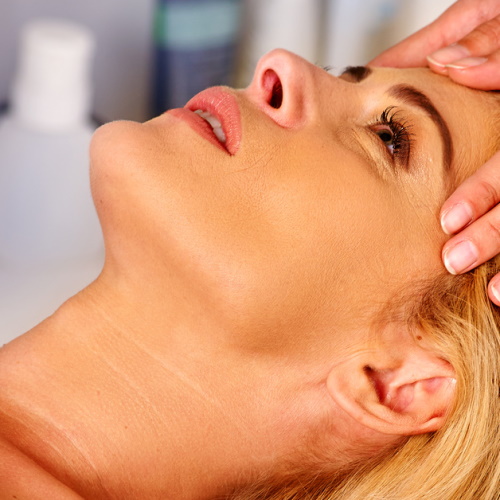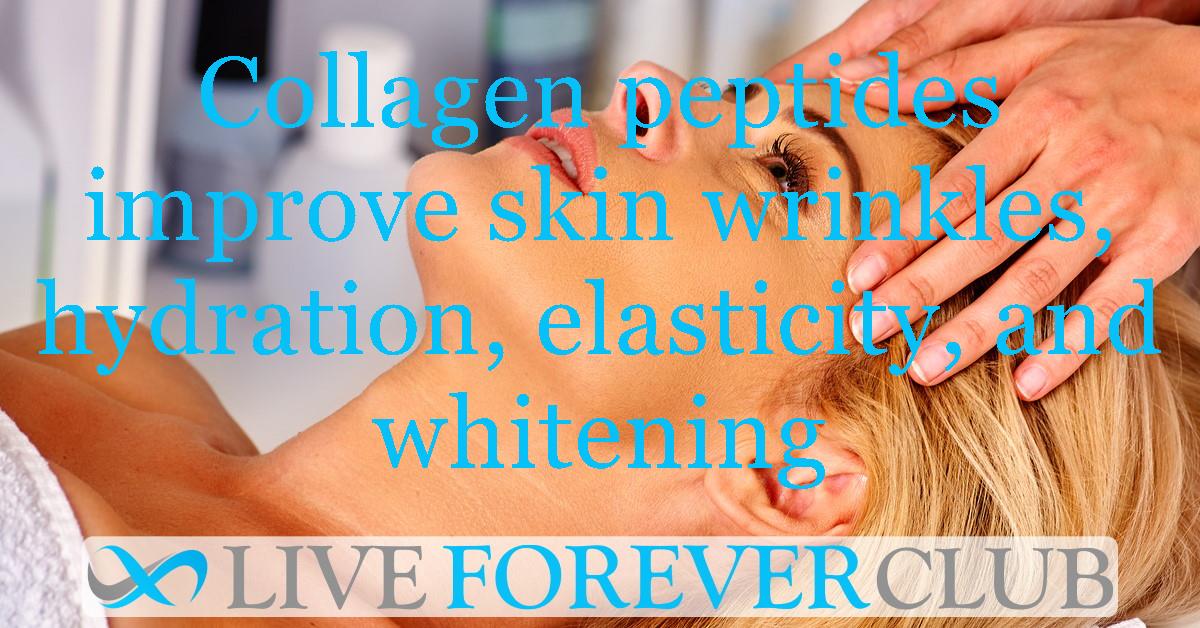In the quest for youth and beauty, a groundbreaking scientific study conducted by researchers from the Yonsei University College of Medicine has provided a remarkable revelation. The study, titled "Low-Molecular-Weight Collagen Peptides Supplement Promotes Healthy Skin: A Randomized, Double-Blinded, Placebo-Controlled Study," was published in the Journal of Cosmetic Dermatology.
The Craving for Timeless Beauty
The introduction of the study sets the stage for a common desire – the desire to preserve youth and maintain beautiful, radiant skin. As we age, our skin undergoes inevitable changes, with a particular focus on the loss of collagen and elasticity, leading to the development of wrinkles. Dry skin is another common issue faced by the elderly, attributed to decreased moisture retention and hyaluronic acid levels in the skin. These concerns have led to an upsurge in the popularity of cosmetic supplements, with a particular emphasis on collagen supplements.
Collagen, a key component of the skin's extracellular matrix, plays a pivotal role in maintaining skin health. The aging process accelerates the degradation of collagen due to matrix metalloproteinase (MMP)-mediated collagen breakdown. The result? A gradual accumulation of shorter and fragmented collagen fibers, leading to the formation of wrinkles and sagging skin. But, there's hope in the form of collagen peptides.
The Power of Collagen Peptides
Collagen peptides, generated through the enzymatic breakdown of collagen molecules, come in various sizes. These peptides can be further degraded into small dipeptides and tripeptides, which can be found in the bloodstream a couple of hours after oral intake. Importantly, these collagen-derived bioactive peptides can reach the skin and stay there for up to two weeks, helping to counteract the effects of UVB-induced aging.
Low-molecular-weight collagen peptides are rich in amino acids like hydroxyproline, glycine, and proline. Studies have suggested that these peptides can stimulate human fibroblasts to synthesise extracellular matrix molecules, strengthening the skin tissue. In recent years, several clinical trials have consistently reported the positive effects of oral collagen supplements on skin health. The study at hand delves into the clinical efficacy of low-molecular-weight collagen peptides in preventing wrinkles and promoting skin whitening using biophysical and skin imaging techniques.
The Research Protocol
The study involved 100 healthy adult participants aged between 35 and 60 years, who all exhibited dry skin and periorbital wrinkles. They were randomly assigned to receive either a test product containing low-molecular-weight collagen peptides or a placebo. The test product, a food supplement, contained the collagen peptides along with other ingredients. The participants took the supplement once a day for 12 weeks, and their skin parameters were assessed at baseline and at weeks 4, 8, and 12.
Results
The findings of this study are nothing short of extraordinary. In comparison to the placebo group, the test group experienced significant improvements in several key skin parameters. These include:
Skin Wrinkles: The test group exhibited reduced skin roughness, maximum peak-to-valley values, maximum peak height of wrinkles, and average maximum height of wrinkles. These improvements were statistically significant when compared to the placebo group. The eye wrinkle volume in the test group also decreased significantly, while it increased in the placebo group.
Skin Hydration: The test group showed a marked increase in skin hydration, with improvements in various areas of the skin, including the forehead, forearms, cheeks, and the area below the eyes. These improvements were significantly greater than those in the placebo group.
Skin Elasticity: The test group displayed enhanced overall elasticity, net elasticity, and biological elasticity compared to the placebo group. These improvements were especially pronounced at 12 weeks.
Skin Whitening: Skin whitening parameters, including melanin and erythema indexes, improved more significantly in the test group. The melanin index was lower in the test group, indicating brighter skin, and the erythema index was also considerably reduced.
The Future of Skin Care
This research provides compelling evidence that low-molecular-weight collagen peptides supplementation can safely enhance skin wrinkling, hydration, elasticity, and whitening properties. These findings have the potential to reshape the way we think about skin care and anti-aging strategies, offering a promising avenue to maintain youthful and radiant skin.





